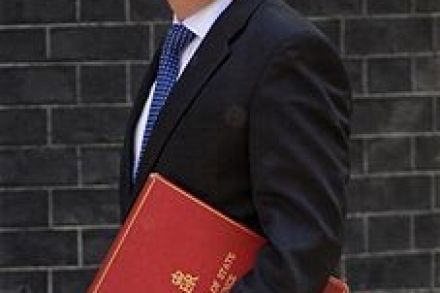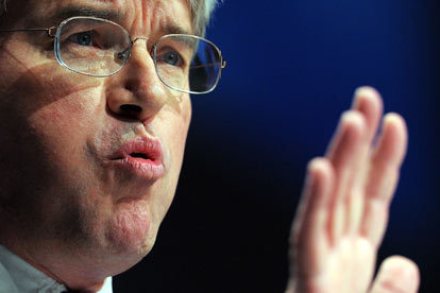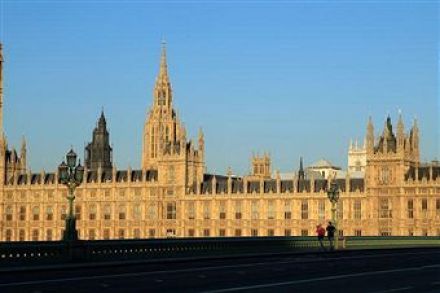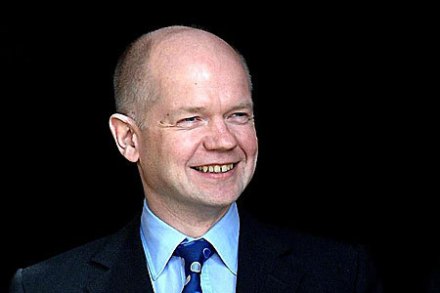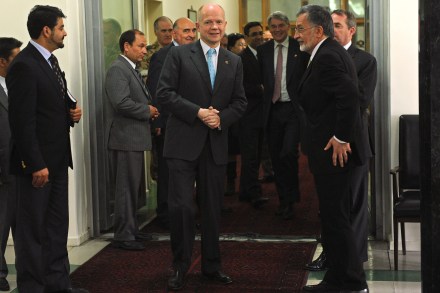Unwinnable war?
Today is Armed Forces Day, and I don’t recall seeing such collective negativity from newspapers and broadcasters on the Afghan war. It borders on despair. Most news outlets have dissected David Cameron’s comments yesterday, where he could only offer the hope that troops would be withdrawn by the end of this parliament. Cameron’s non-committal answers, the regular drip of casualties and the sense that the surge has become a slog have led journalists and analysts to conclude, en masse, that the war is unwinnable. Three interviews are particularly striking. Nick Harvey, the armed forces minister, re-iterated Cameron’s comments in the exact same terms. As I argued yesterday, the vague








